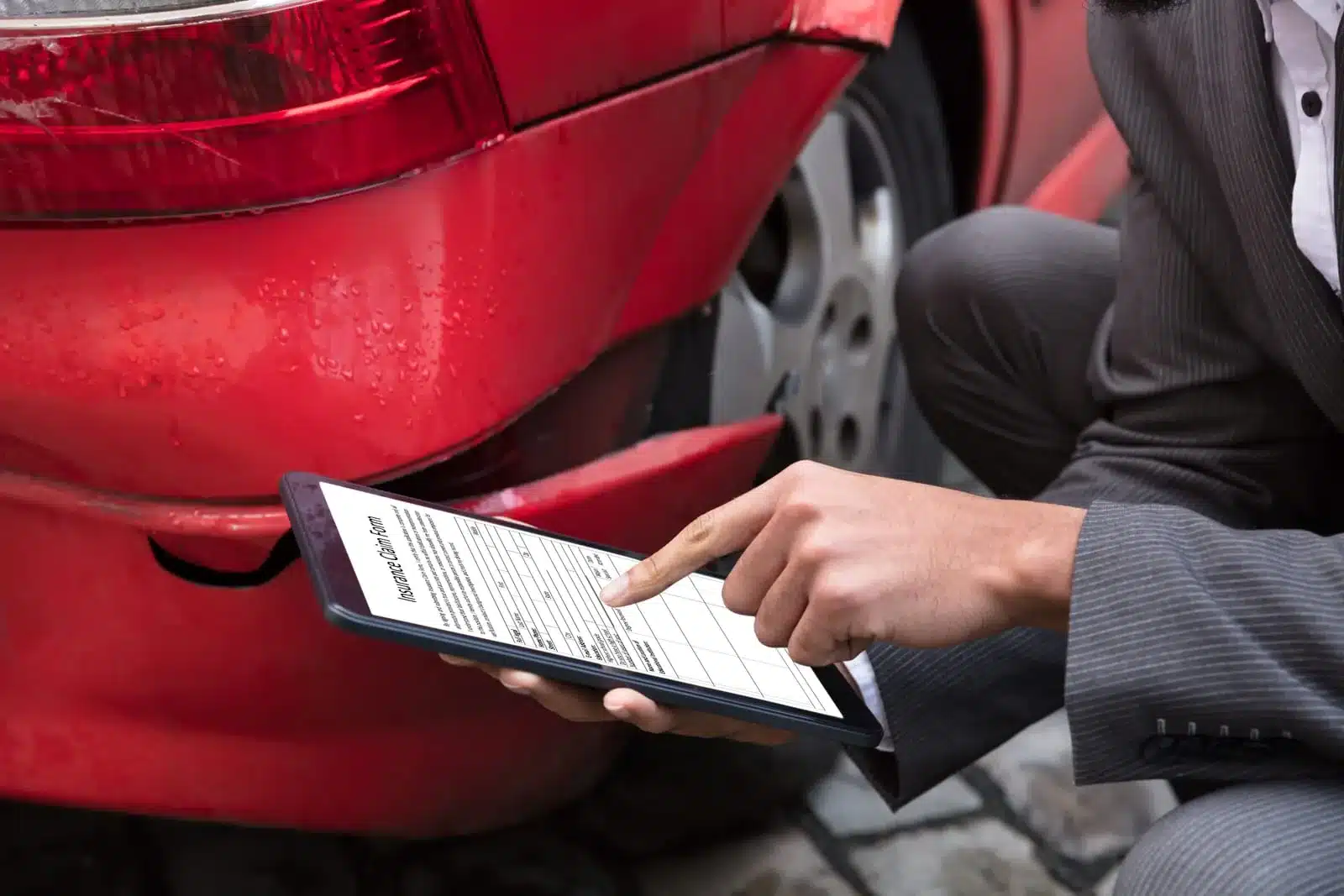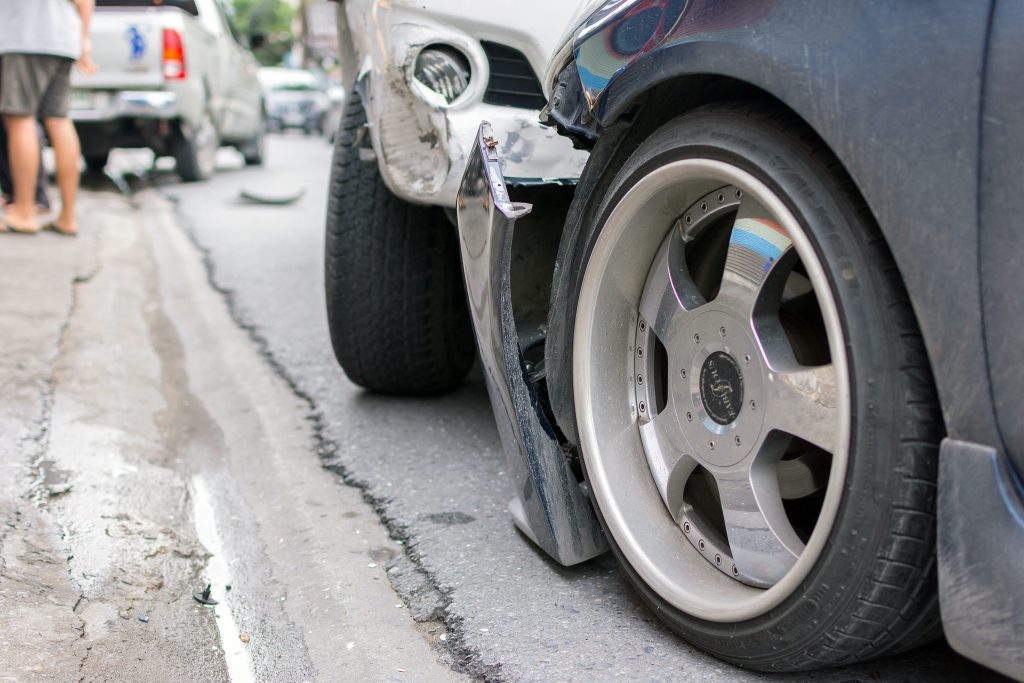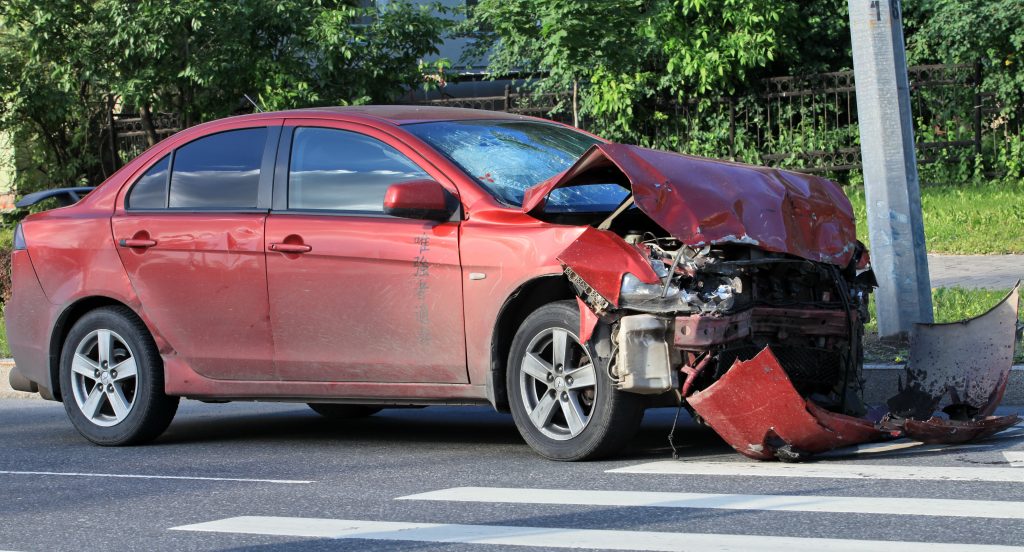Should I File an Insurance Claim After a Car Accident if I Am Not at Fault in Florida?
Being involved in a car accident can be overwhelming, especially if the crash wasn’t your fault. You may be wondering whether it’s worth filing an insurance claim or if doing so could even hurt your premiums. Due to Florida’s unique no-fault insurance laws, the answer isn’t always straightforward.
At RTRLAW, we help accident victims across Florida understand their rights and maximize their compensation even in cases when they weren’t responsible for the crash. We can explain what you need to know if you’re not at fault and wondering whether to file an insurance claim.
What is Florida’s “No-Fault” Insurance System?
Florida is one of the few states that operates under a “no-fault” insurance system. This means that after a car accident, your own insurance company, regardless of who caused the accident, is responsible for paying your medical expenses and lost wages through Personal Injury Protection (PIP) coverage.
Every Florida driver is required to carry a minimum of $10,000 in PIP. This covers:
- 80% of the necessary medical expenses
- 60% of lost wages
- $5,000 in death benefits (if applicable)
However, PIP does not cover non-economic damages like pain and suffering, nor does it cover vehicle repairs or damage to property. That’s why even if you’re not at fault, you may need to pursue additional claims outside of your PIP benefits.
Daniella Herrera
Thank god for this service. I was amazed by how this firm worked. They helped me with everything I needed.
When Should You File a Claim with the Other Driver’s Insurance?
While you’re required to use your PIP coverage first, you may have the right to file a claim against the at-fault party’s insurance in certain circumstances.
This is especially important when:
- Your injuries are severe or permanent
- Medical bills exceed $10,000
- You experience long-term disability
- Your vehicle is damaged or totaled
In these cases, a third-party liability claim can help you recover:
- Medical expenses beyond PIP limits
- Property damage (vehicle repairs or replacement)
- Pain and suffering
- Future medical expenses or lost earning capacity
In such situations, filing a third-party claim allows you to seek compensation for damages not covered by PIP, such as pain and suffering, future medical care, and long-term wage loss.
Should I File a Claim Even for Minor Accidents?
Yes, you should still file an insurance claim, even if the accident seems minor. Some injuries take days or weeks to appear, and skipping the claims process can limit your legal rights later.
Also, Florida law requires that you seek medical treatment within 14 days of the accident in order to access your PIP benefits. Failing to report the accident or delaying medical care could jeopardize your ability to recover compensation.
Even when the damage seems small, reporting the accident and filing a claim protects your interests and builds a paper trail.
What Happens if the Other Driver is Uninsured or Underinsured?
Unfortunately, not all drivers in Florida carry adequate insurance. If the driver who caused your accident is uninsured or underinsured, you may need to rely on your own Uninsured/Underinsured Motorist (UM/UIM) coverage.
UM/UIM coverage is optional in Florida, but it’s strongly recommended. It can help cover your:
- Medical bills
- Lost wages
- Pain and suffering
If you carry this coverage and the at-fault driver lacks enough insurance, you can file a claim under your own policy. It’s a smart safety net in a state with one of the highest rates of uninsured drivers in the nation.
Will Filing a Claim Affect My Insurance Rates if I’m Not at Fault?
Many drivers fear that filing a claim, even when they’re not at fault, will raise their insurance premiums. In most cases, however, insurance companies are not supposed to raise your rates for a not-at-fault accident.
That said, every insurer has different underwriting policies, and multiple claims, regardless of fault, could still impact your premiums. It’s important to review your policy and speak with an experienced attorney if you’re concerned about rate increases or bad-faith practices by your insurer.
Why is it Still Important to Notify Your Insurer After an Accident?
Even if you don’t plan to file a claim, you should still notify your insurer about the accident. Most policies require that you report any incidents involving your vehicle, even those caused by someone else.
Failing to notify your insurer could result in denial of future coverage or problems down the line. Reporting the accident simply protects your rights and gives you more options if medical issues or repair costs arise later.
Taking the Right Steps to Filing a Claim Is Key to Protecting Your Rights
After a car accident, especially one that isn’t your fault, what you do in the minutes, hours, and days that follow can significantly affect your ability to receive compensation. Taking the correct steps early on helps preserve evidence, protect your health, and ensure a smoother claims process.
Here’s a quick checklist of what to do after an accident, regardless of who was at fault:
- Call 911 and get a police report
- Take photos of the scene, vehicle damage, and injuries
- Exchange information with the other driver
- Seek medical attention within 14 days
- Notify your insurance company
- Consult a personal injury attorney before speaking with the other driver’s insurer
At RTRLAW, we can review your situation and determine which insurance policies apply and how to maximize your recovery.
Work with RTRLAW & Get the Compensation You Deserve
Just because you weren’t at fault doesn’t mean you should avoid filing a claim. In fact, filing both a PIP claim and possibly a third-party liability claim can help you cover expenses, recover losses, and protect your long-term health and finances.
Florida’s no-fault system doesn’t mean fault doesn’t matter; it just changes how and when you pursue compensation. At RTRLAW, our experienced attorneys can guide you through every step after an accident, help you gather evidence, and handle communication and issues with the insurance companies on your behalf.
If you’ve been injured in an auto accident in Florida, don’t wait. Call us at 1-833-HIRE-RTR or reach out for a free consultation today. We’re here to help protect your rights so you can move forward with strength.
Revision History:
- Feb 12, 2026 at 3:33 pm by RTRLAW (displayed above)
- Jan 9, 2026 at 7:05 am by victor


 CALL US NOW
CALL US NOW TEXT US NOW
TEXT US NOW































